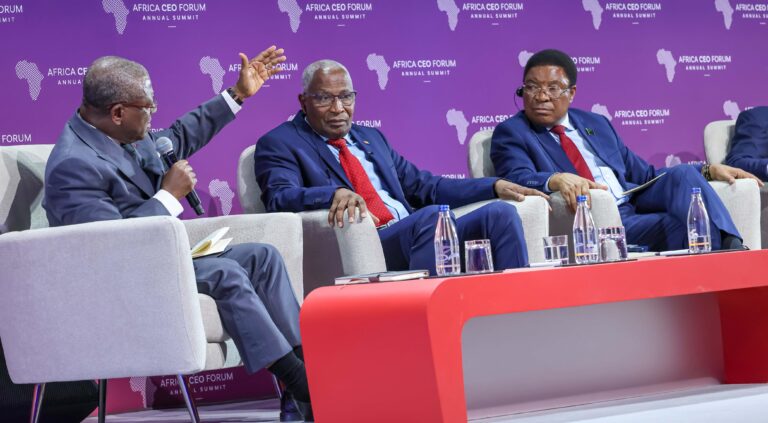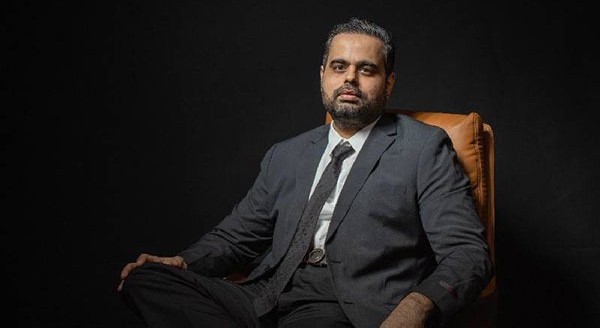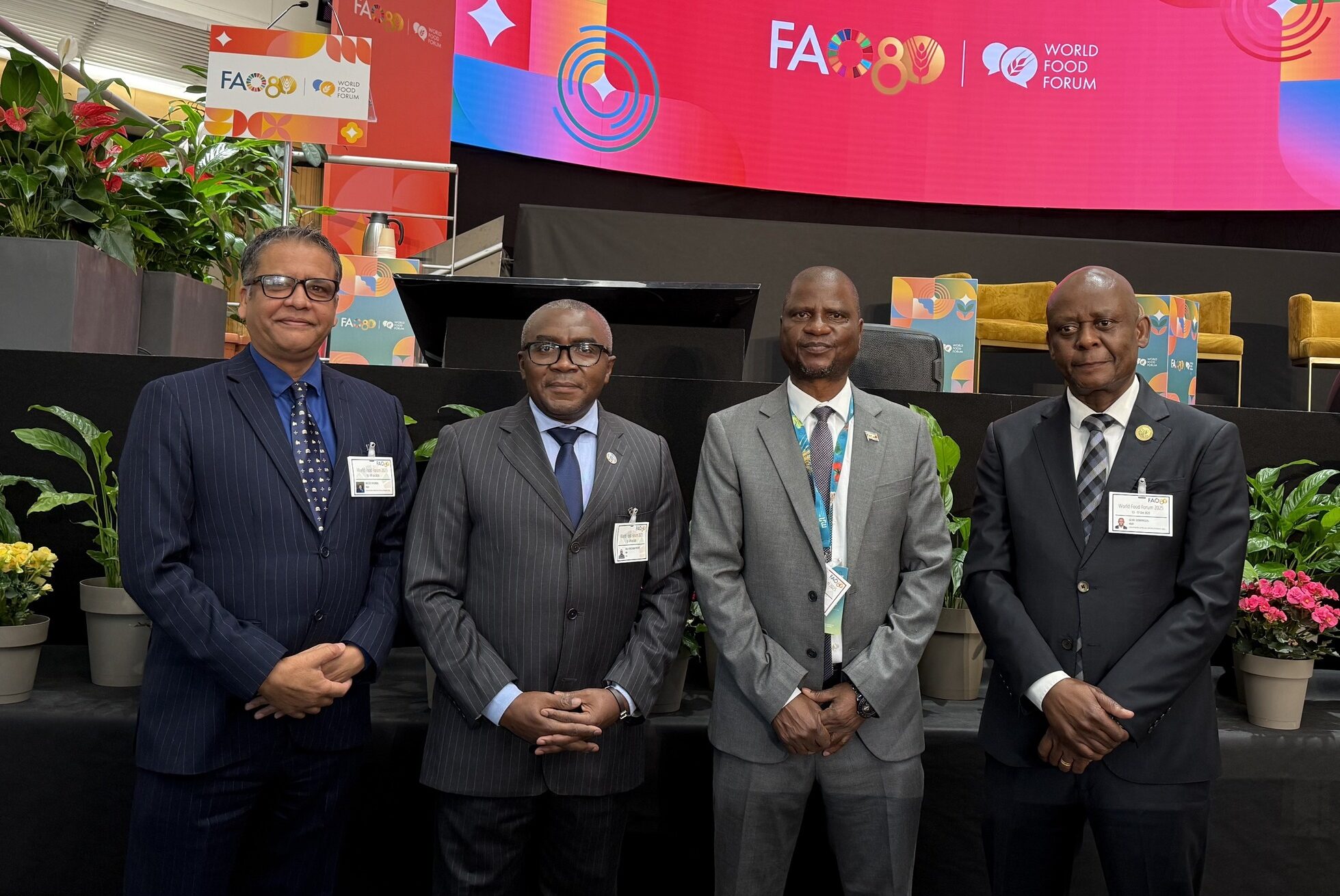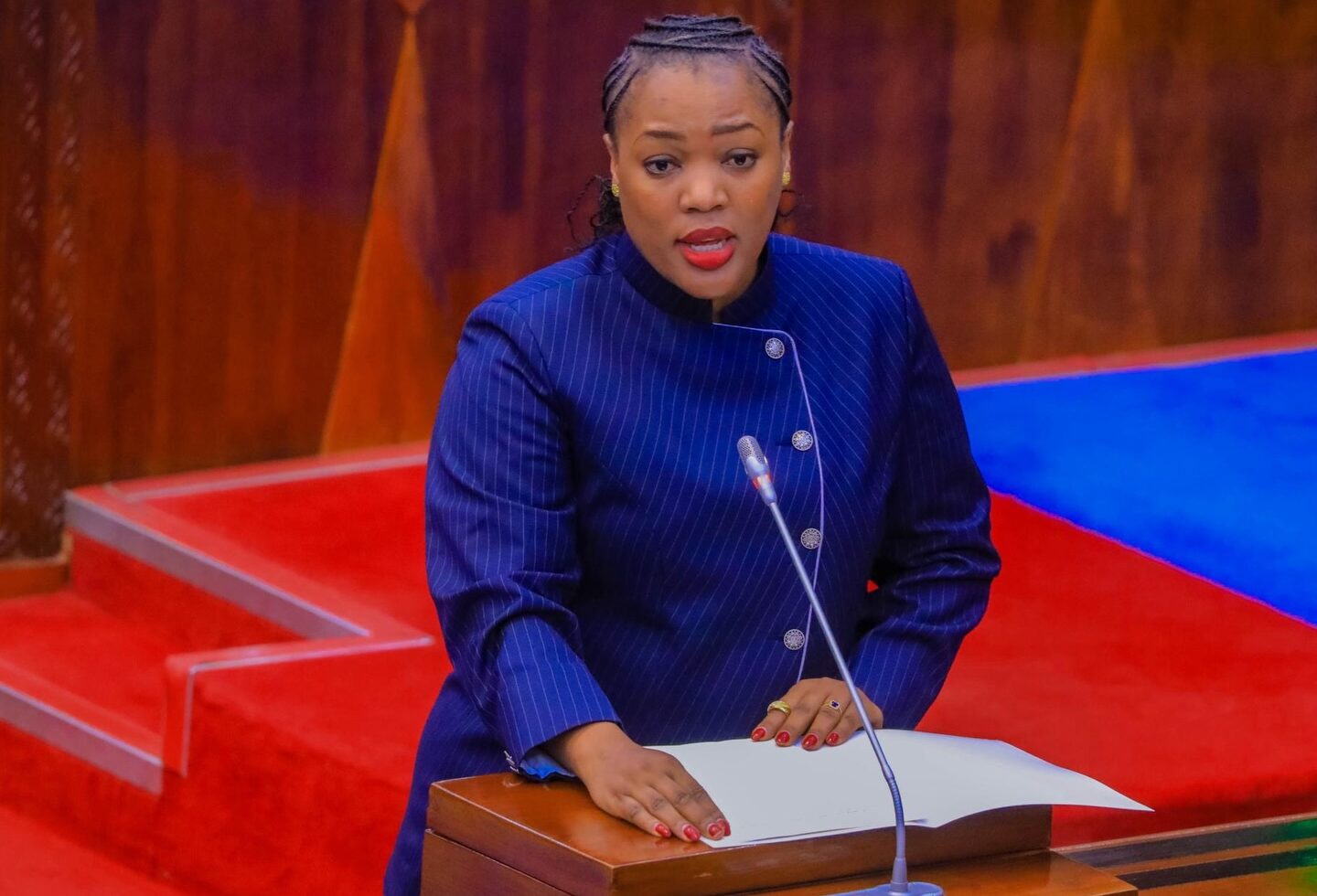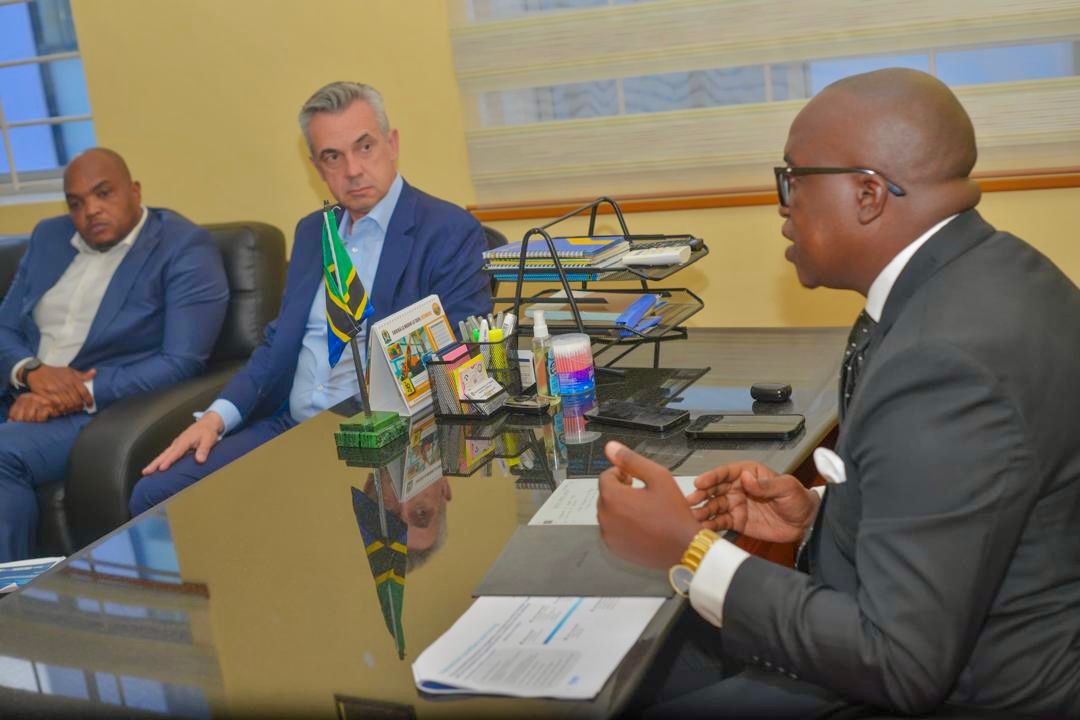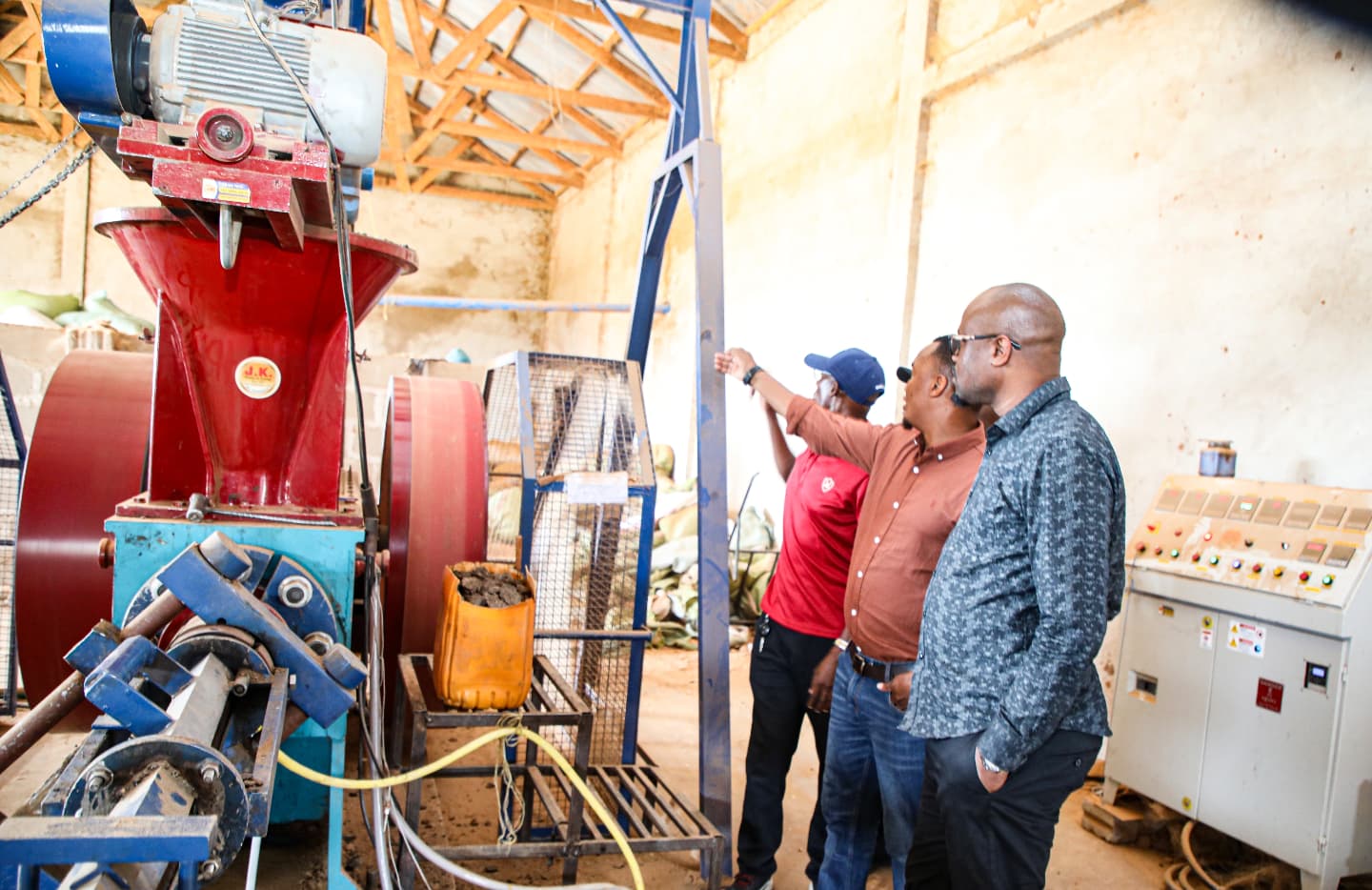Dar es Salaam. At one of Africa’s premier business leadership gatherings, the Africa CEO Forum, Tanzania has once again demonstrated its emergence as a fast-growing economic powerhouse and a rising destination for international investment.
The two-day forum, which began on Monday, May 12, 2025, and brought together over 2,000 investors and executives, provided a key platform for Tanzania to showcase its development achievements, economic transformation agenda, and commitment to building a modern economy rooted in strong public-private collaboration.
Led by Prime Minister, Kassim Majaliwa, the Tanzanian delegation included senior officials such as the Treasury Registrar, Mr Nehemiah Mchechu, who presented a forward-looking vision of a nation actively opening its doors to both local and foreign investors, amid sweeping economic reforms taking shape.
“Our meeting today, with more than 2,000 investors present, is a valuable opportunity to attract interest, gather insights, and allow the world to truly understand the potential of Tanzania,” said Mr Mchechu.
He emphasized Tanzania’s unique position in the forum, built on strategic relationships and bold economic policies crafted by the country’s leadership.
“All countries are competing for economic space. Right now, Tanzania holds a major advantage through the strong foundation of diplomacy and economic reforms laid by our leaders.”
According to Tanzanian officials, the Africa CEO Forum is not just a venue for learning but a strategic stage to market Tanzania’s economic potential—particularly in sectors such as logistics, mining, agriculture, and finance.
They stressed the importance of consistent participation in such high-level dialogues to ensure Tanzania remains central to Africa’s development conversation.
“We believe that through this forum, the world is getting to know Tanzania—not just as a politically stable country, but as a land of opportunity, talent, and a pro-business environment,” Mr Mchechu added.
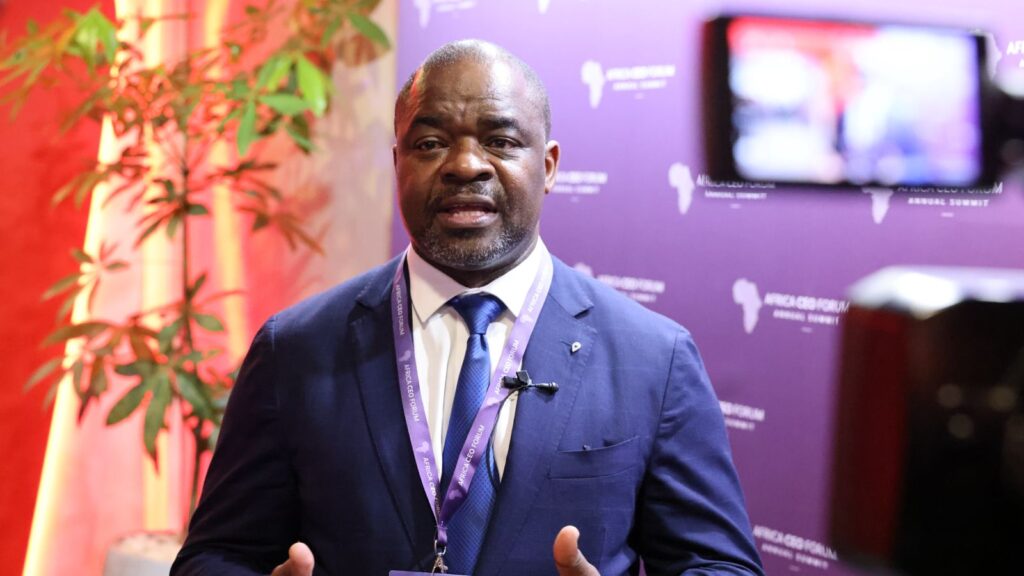
One of the forum’s core discussions focused on enhancing collaboration between the public and private sectors—a theme where Tanzania showcased concrete progress.
Prime Minister Majaliwa spoke in depth about the country’s successful partnerships with institutions such as the Tanzania Private Sector Foundation (TPSF) and the Confederation of Tanzania Industries (CTI) in unlocking investment opportunities.
“Tanzania continues to open its doors to private sector investment—both domestic and international,” said the Prime Minister. “This cooperation is strengthening our internal economy and increasing government revenues, which in turn support social services for our people.”
Tanzania’s presence at the Africa CEO Forum reflects its broader ambition: to build an inclusive, competitive economy at both the regional and global levels—driven by innovation, investment, and partnerships across all sectors.
Held under the theme Can a New Deal Between State and Private Sector Deliver the Continent a Winning Hand?, the forum aimed to promote governance reforms, policy innovation and practical solutions for unlocking the potential of African economies.
It is jointly organised by the Jeune Afrique Media Group and the International Finance Corporation (IFC), a member of the World Bank Group.
Mr Majaliwa joins a list of African leaders attending the forum, including President Alassane Ouattara of Côte d’Ivoire, President Paul Kagame of Rwanda and Guinea’s Prime Minister Amadou Oury Bah.
During his engagements, he participated in sessions focusing on infrastructure development, trade integration, and investment promotion.
Other key areas of discussion included the implementation of the African Continental Free Trade Area (AfCFTA), energy security, digital transformation, and private capital mobilisation to meet development targets.
Since its inception in 2012, the Africa CEO Forum has served as a platform for fostering partnerships between African governments and the private sector, with a view to addressing the continent’s development challenges and positioning it competitively on the global economic stage.

